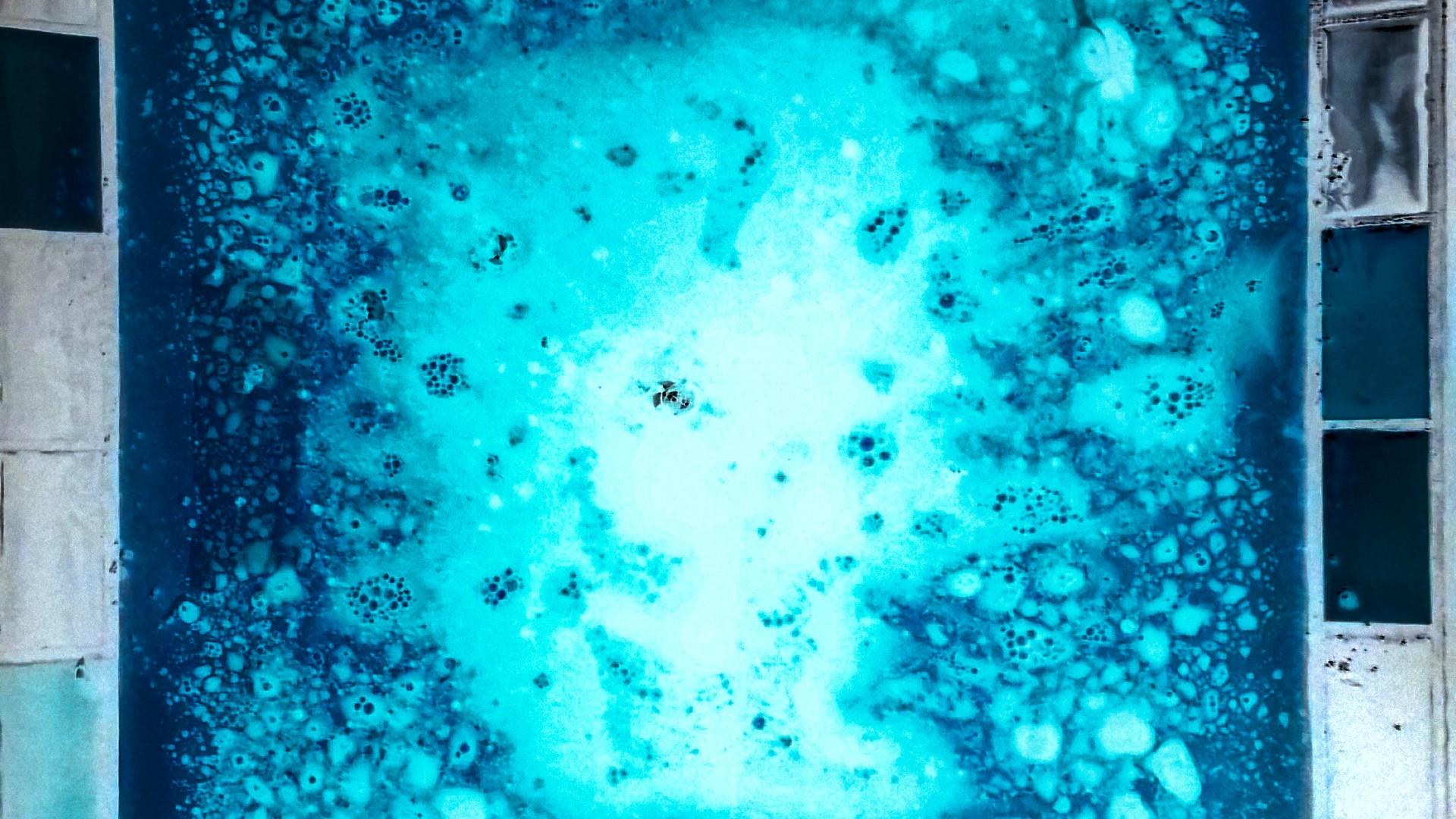
Navigating Kidney Health: What's a Nephrologist (and When Do You Need One)?
A doctor who specializes in the health and function of the kidneys is called a nephrologist. If you need surgery on your kidneys or urinary tract (for issues like kidney stones or cancer), you would see a urologist.
It's a Thursday morning here in Indonesia, and many of us are starting the day with a hot cup of coffee or a tall glass of water. It’s a simple act, but it’s part of a daily routine that has a huge impact on our two amazing, bean-shaped organs: our kidneys.
We all know that staying hydrated is good for our kidneys. But what happens when these vital, hardworking filters need special attention? Your primary care doctor might mention a referral to a specialist, and suddenly you're faced with two long, slightly intimidating words: nephrologist and urologist.
They both deal with the kidneys, so what’s the difference? Who does what? Understanding these roles is the first step to becoming an empowered patient and navigating the world of kidney health. Let's break it down.
The Main Answer: Meet the Nephrologist, Your Kidney's Best Friend 🩺
The primary, go-to "kidney doctor" is a nephrologist.
Let's look at the name itself. The first part, "nephro-," comes from the ancient Greek word nephros, which simply means "kidney." The second part, "-ologist," means a specialist who studies a particular field. So, a nephrologist is literally a "kidney specialist."
A nephrologist is an expert in the internal medicine of the kidney. They are like a master detective for your renal system. Their job is to diagnose and manage diseases and conditions that affect how your kidneys function. They are concerned with the intricate chemistry, filtration processes, and overall health of the organ itself. They don't typically perform surgery.
You would be referred to a nephrologist for conditions like:
-
Chronic Kidney Disease (CKD): This is the most common reason to see a nephrologist. They are experts at managing the disease to slow its progression and preserve as much kidney function as possible for as long as possible.
-
Kidney Failure / End-Stage Renal Disease (ESRD): When kidneys fail, nephrologists are the doctors who manage life-saving treatments like dialysis (both hemodialysis and peritoneal dialysis) and provide long-term care for patients after a kidney transplant.
-
Hard-to-Control High Blood Pressure (Hypertension): The kidneys play a huge role in regulating blood pressure. If your blood pressure is stubbornly high, a nephrologist can investigate if a kidney issue is the underlying cause.
-
Electrolyte Imbalances: Your kidneys are responsible for balancing crucial minerals in your blood like sodium, potassium, and calcium. A nephrologist diagnoses and treats problems with these levels.
-
Kidney Stone Prevention: While a urologist might remove a large kidney stone, a nephrologist is the one who will help you figure out why you are forming stones and create a plan (through diet, lifestyle changes, or medication) to prevent them from coming back.
-
Autoimmune Diseases that Affect the Kidneys: Conditions like lupus or vasculitis can attack the kidneys, and a nephrologist is a key part of the management team.
The Other Kidney Doctor: The Urologist, the Urinary Tract's Surgeon 🔪
Now, let's talk about the other specialist you might encounter: the urologist.
A urologist is a surgical specialist. Their expertise covers the entire urinary tract—which includes the kidneys, ureters (the tubes connecting the kidneys to the bladder), the bladder, and the urethra. They also specialize in the male reproductive system.
If you have a "plumbing" problem—a physical blockage, a tumor that needs to be removed, or a structural issue that needs to be repaired—the urologist is the expert you need.
Here’s a simple analogy:
-
A nephrologist is like a high-performance car's engine specialist. They run diagnostics, analyze the fuel and oil (blood and urine), and tune the engine to make sure it's running at peak performance.
-
A urologist is like the master mechanic and body shop expert. If there's a blockage in the fuel line or a dent in the chassis, they are the ones who go in with their tools to physically fix the problem.
A urologist treats conditions such as:
-
Kidney Stone Removal: If you have a kidney stone that is too large to pass on its own, a urologist can perform procedures to break it up with sound waves (lithotripsy) or remove it surgically.
-
Kidney and Bladder Cancer: Urologists are the surgeons who operate on cancers of the urinary tract.
-
Blockages and Obstructions: They can fix structural problems that prevent urine from flowing correctly.
-
Urinary Incontinence: Issues with bladder control.
-
Prostate Issues: For men, they manage conditions like an enlarged prostate (BPH).
Nephrologist vs. Urologist: A Simple Cheat Sheet
Still a little confused? Here’s a quick summary to help you remember the difference.
See a Nephrologist for...
-
Focus: Kidney FUNCTION.
-
Type: Medical Doctor (specialist in internal medicine).
-
Treats: Chronic Kidney Disease, kidney failure, dialysis, and high blood pressure related to the kidneys.
-
Think: "How well are my kidneys working?"
See a Urologist for...
-
Focus: Urinary Tract STRUCTURE.
-
Type: Surgical Specialist.
-
Treats: Kidney stone removal, kidney cancer, blockages, and prostate issues.
-
Think: "Is there a physical problem that needs to be fixed or removed?"
The Bottom Line
Our kidneys are a pair of incredible, hardworking organs that filter our entire blood supply many times a day. When they need help, it's reassuring to know there are dedicated experts ready to step in.
So, to put it simply: the main "kidney doctor" who manages your kidney health and function is a nephrologist. The "kidney surgeon" who fixes structural problems is a urologist.
Understanding the difference between these two specialists makes you a more informed and empowered patient. So keep drinking that water, get your routine health check-ups, and know that if a problem ever arises, there's a whole team of experts who have your back.









